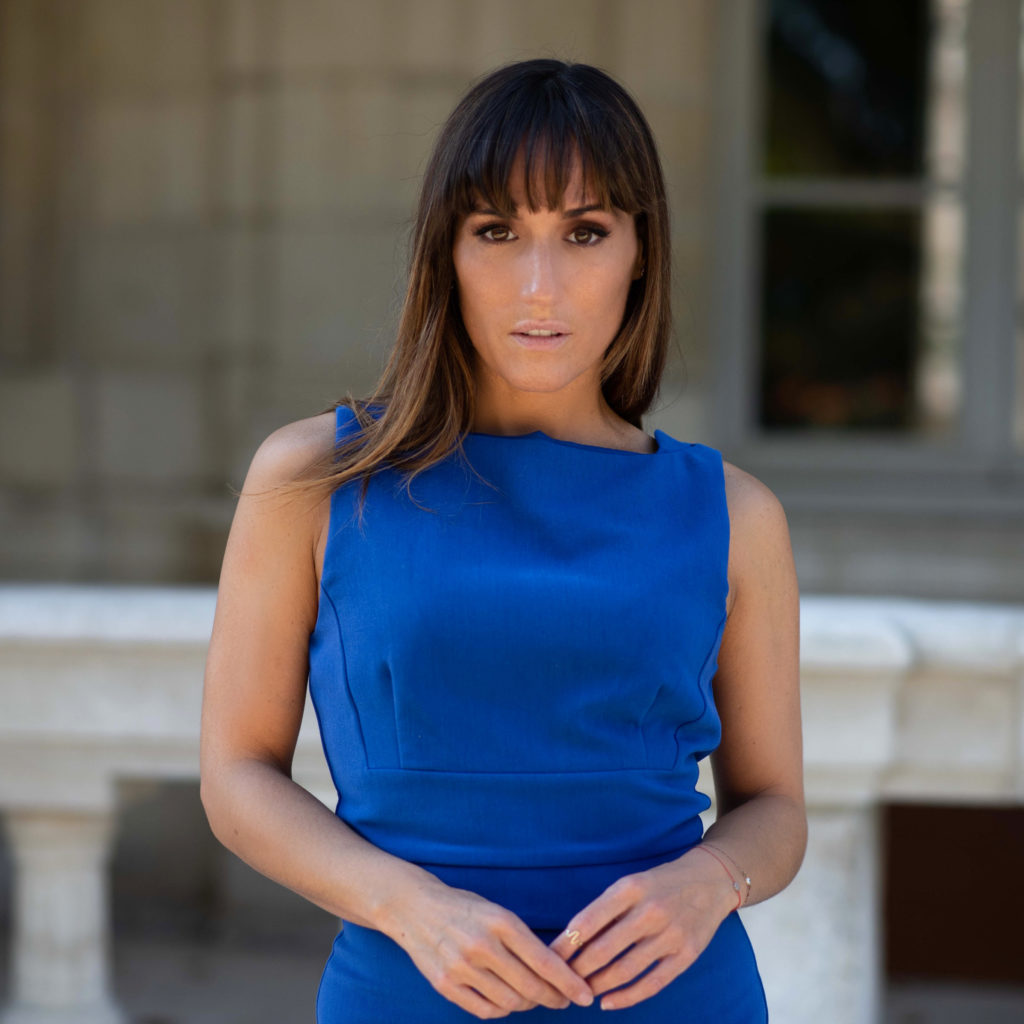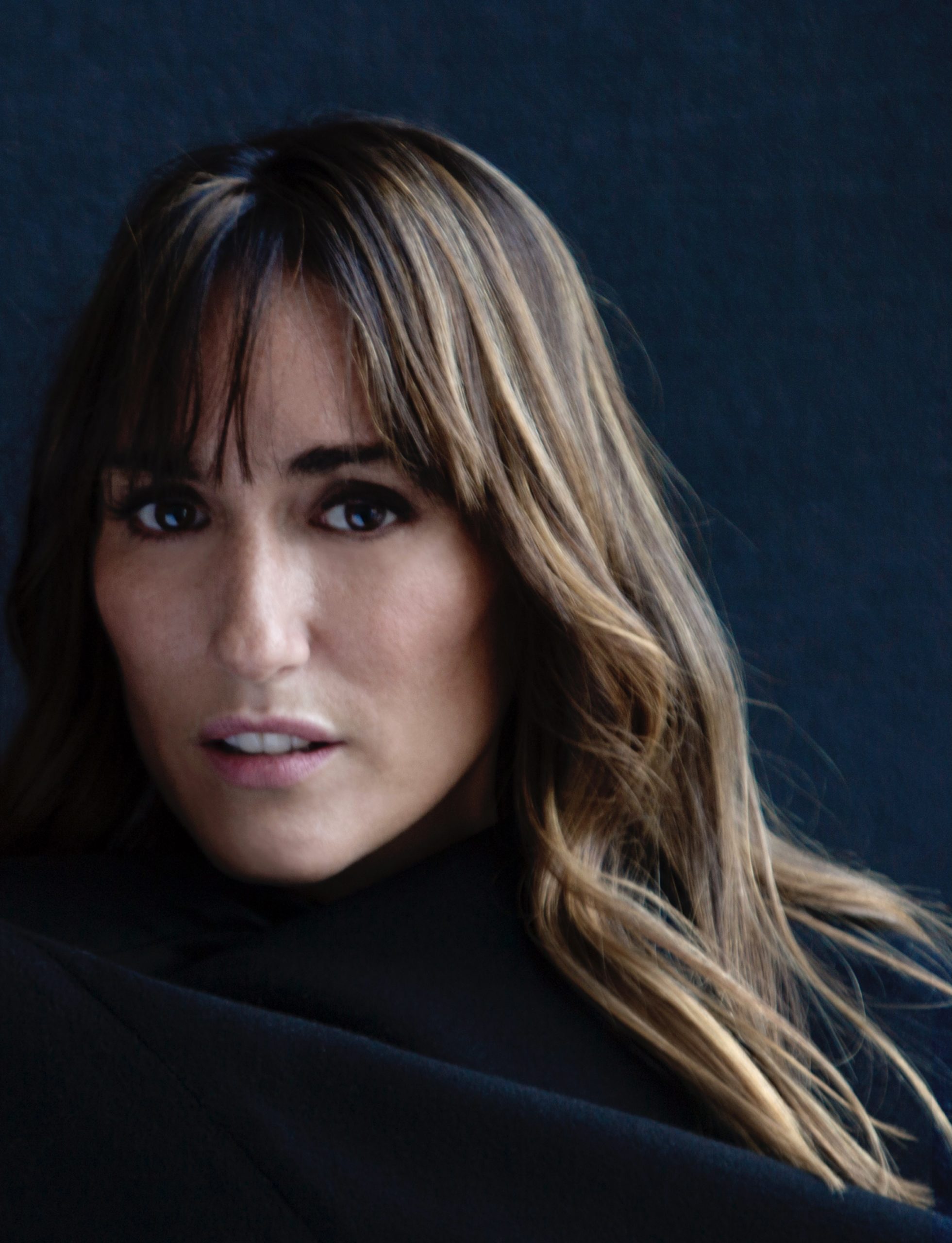In a media landscape that is in a frenzy, trying to get more information is very daring. This is what drives Jeanne Baron, founder of39.9°, the hot news, available on the web, where the journalist interviews different personalities with contradictory points of view on a current topic. She explains in a lengthy interview with Feat-Y that it is a question of a full and complete commitment to this information pastille on the web, with the risk of exposure to threats but above all the desire to “give a voice to as many people as possible”. Interview.
Feat-Y: For what reason(s)did you found 39.9°, the hot news?
Jeanne Baron: I felt that the continuous news channels lacked a neutral point of view. We didn’t often have the answers to the questions we were asking ourselves. The first lockdown arrived on March 17. I continued to work on my programs from home, since there were digital programs for BFM. I was working at a distance. I was asking myself more and more questions. I started doing live shows with doctors on my Instagram. These live shows are very popular. The doctors accept to talk, etc. We had a kind of information tablet. I said to myself, “It’s working quite well. It would be good to set up a media”. I wanted to set up a medium, which I wanted to call “Sans langue de bois”. That was the original idea. And then, out of “Sans langue de bois” came 39.9and that’s how the show was born. It took a long time because I had some particular and peculiar desires, which I had been working on for a few years.
Feat-Y: Is this a way to mark a break with a “mainstream” press that seems to be out of touch with the reality on the ground, somewhere?
J.B: I wouldn’t say it’s a break-up! I don’t think we need to have a Manichean view of information, news and life in general. It’s not all black and white! It’s rather a kind of complementarity. I think that when we don’t necessarily find ourselves on certain points, we can find ourselves on other points, in the information that we can see, that we can hear. On the other hand, as far as our singularity is concerned, it comes, already, from the fact that we are women. As such, we have different points of view. We have affect, different sensitivities, the fact that we are mothers too. We don’t necessarily ask ourselves the same questions as everyone else. As a man, you ask particular questions, depending on who you are, your condition, your generation. We are from another generation. I don’t see it as a rupture, but as complementarity. I don’t believe that the information is opposite. They are complementary. And it’s important for us, more than continuous news, where you give someone the floor for three minutes, to be able to dwell on someone for more than 10 minutes, to get to the end of a point of view.
J.B: I would add to what Louise says that we never give our point of view. And that’s, perhaps, what’s going to differentiate us from the prime time channels. We sometimes have the impression that a journalist takes sides, is more or less incisive with guests, depending perhaps on his ideologies, his bias. We refuse to do that. We will have the same questions in front of our speakers. We will bounce back in the same way. And we will play devil’s advocate in the same way. It doesn’t matter what we think because in reality, we literally don’t care what we think, as individuals, as citizens, in the etymological sense of the word. Under no circumstances do we want to show our point of view. We must give the floor to as many people as possible! It’s risky because we have people who more or less have labels, even if Louise and I hate to put them on. But public opinion is such that today, we quickly have labels. You can be called a conspirator or a pro-macronist. It’s very complicated for us too, this situation. But we assume it and we don’t care because at the end of the day, we’re happy with the information we’re going to deliver.
Feat-Y: The latest video of 39.9°, the hot newThe first one, an interview of Dr Louis Fouché about the Coronavirus, was notoriously seen on social networks, but also earned you threats (death, rape). How do you deal with this kind of situation?
J.B: That’s an excellent question. I don’t believe that a person is normally constituted to deal with this kind of extreme situation. It’s the flagrant proof of the malaise in the French population. It is easily explained. We are in a crisis situation. At the end of the first confinement, people were extremely troubled, shocked. They no longer knew which saint to dedicate themselves to. Perhaps the problem stems from the fact that we heard everything and anything, both from our leaders and from doctors on television. You can’t say one day “the mask is useless” and the next day make the mask compulsory. It’s very complicated for people. I think that when we do interviews with people with different points of view, people can’t stand it. We’re in a touchy situation right now. But we can understand that. We ask ourselves questions every day about our future. I would add that it is very easy to do it, because we are women and they know it. We did it in all transparency. We show ourselves in the image. I am representing our media today. And we allow ourselves, when we have women in front of us, to go a little further. And I think it’s a shame. But that will absolutely not prevent us from continuing because we fundamentally believe that we must educate people, show them another way of seeing things, of being informed. If we are in favor of the freedom to prescribe, we are also in favor of freedom of expression.
Feat-Y: How would you define your journalism ethics?
J.B: The first thing is that we’re not ready for everything. We receive several dozen emails a day, with pseudo-scoops, scandals, revelations. That doesn’t interest us. We’re not in an outrageous, putrid journalism. We are in an educational, citizen journalism. We would like to give the floor to as many people as possible. We would like the people watching us to be able to participate in editorial conferences, to move forward together, to respond to the societal problems they face. I think that we do this with irreproachable ethics. Maybe that’s what will cause our loss, but we don’t care, because we can look at ourselves in the mirror. We have at heart to respect our profession, to respect the people who will trust us, who will give us interviews, because it’s so easy to fool people, to make them say things. People need to be heard. Besides, we knowingly left comments on Youtube videos. There are comments that get us high, but it doesn’t matter. That’s their opinion, we accept that too. The comments that we had to moderate are those making threats of rape, murder and calls for crime, especially for our leaders. And that, never, oh never, will we condone it. On the other hand, we can hear a critical mind that will explain to us why he didn’t like our video, with great pleasure.
Feat-Y: How do you see the evolution of journalism, in France and elsewhere, at the beginning of 2021, compared to when you started in the profession?
J.B.: I’m not sure that there is any obvious evolution. I think it would be wrong to have to give lessons to others. There is a definite evolution with social networks, allowing more people to express themselves. But is it a good thing that we express ourselves more? We can ask ourselves the question. I think that, fundamentally, we perhaps lack, and I include myself in this, a slightly more general education, to be able to deal with certain subjects. Perhaps we don’t have the time today to go to the end of the information, to the end of the research, to the end of the ideas. And this is, perhaps, the problem. Our society moves fast and we don’t have television formats that allow people to express themselves over a long period of time. I also think it’s a shame that we always see the same people in the same places at the same time. But to talk about journalism, as such, I’m not sure that there’s much change in the way information is processed. It’s not more popularized, but it’s more flashy. We go fishing for the scoop, fishing for the scandal. It may be a pity.

Feat-Y: With the recent legislative measures, such as the proposal for a global security law for example, can we think that there is a progressive blocking of press freedom in France?
J.B: It’s a hyper-directed question, if I may say so (Laughs). Honestly, it’s a big question, but the real question to ask is: “Does it date back to the Global Security Law? ». That will be my answer. Did we wait for the Global Security Law to lock up information or not? Ask yourself the question.
Feat-Y: What paths would be good to follow to allow independent media to continue to exist, in your opinion?
J.B: We don’t know. We launched ourselves on a whim, a desire, a passion. We left everything aside to do it. We’re self-financing. We didn’t raise any funds. We don’t have any producers behind us. There is no broadcaster behind us. We’re completely autonomous and free. But that comes at a price. It’s that we’re losing money. We don’t make any money today. I’m not sure we’re in the best position to explain how to sustain an independent media. I propose that we meet in a year’s time, that we take stock, and that we talk about it, if we’re still here, to see if it worked and if we managed to survive.
But I will add that this39.9° adventure has shown us that solidarity, mutual aid, works. We have cameraman buddies, editor buddies, production buddies, who came to give us a hand on some episodes of the show and that it is perhaps a path to follow for the future. Solidarity and mutual aid are sometimes lacking in this profession and together we are stronger.
Jonathan Baudoin




